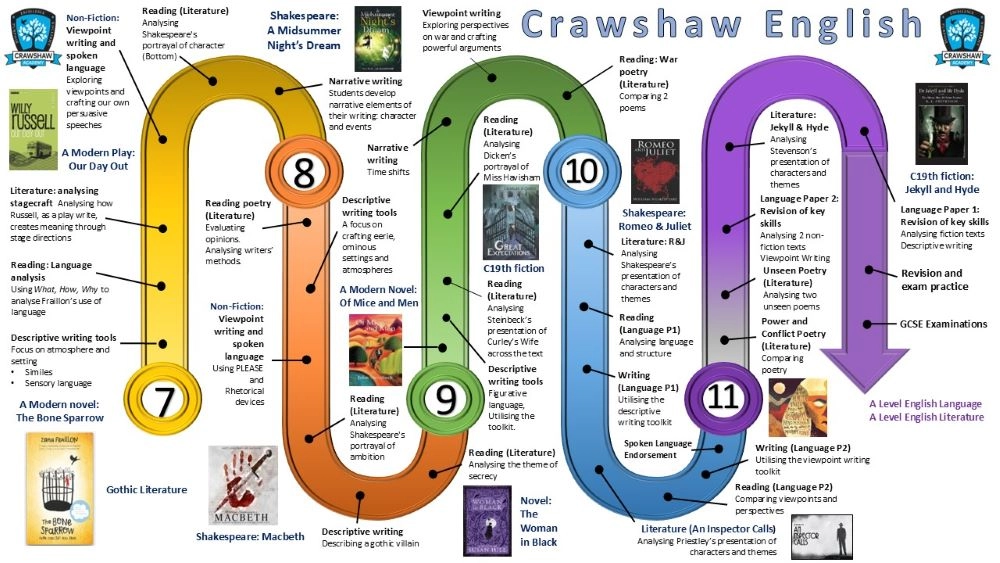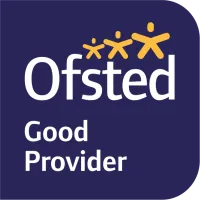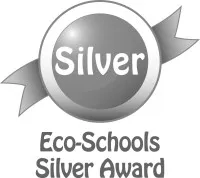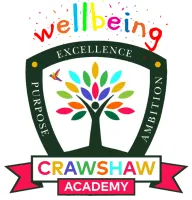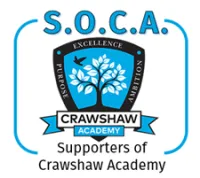Our Curriculum Intent
Our Media Studies curriculum is designed to encourage our students to become perceptive, critical thinkers. They develop an awareness that a medium is a form of communication that is carefully constructed to deliver a particular message, and are encouraged to seek reasons for such constructions.
Our aim is to promote confident, reasoned thinking in our students and to develop in them an ability to challenge the representations that they see around themselves. We expose them to a wide range of media forms from both the past and present. By discussing these, we encourage them to acknowledge the perspectives of others, form their own views about the representations in particular media texts, consider the reasons for such representations and reach conclusions about how these reflect our ever-changing society.
We challenge our students to articulate these ideas in writing that is fluent, informed and purposefully structured, and that makes reference to the key concepts underlying the subject. In addition to analysis and evaluation, we encourage our students to develop their creative, visual skills by giving them the opportunity to produce media texts of their own.
Our focus on careers and enrichment activities creates a link between the classroom and the world beyond, and allows our students to recognise how their acquired skills can be transferred to the workplace. Our curriculum is one that is highly relevant and thought-provoking, and one that aims to broaden our students’ horizons.
Do you enjoy engaging with the media, questioning what you see and hear, and analysing the ways in which people, places and issues are represented? Do you ever wonder why a media product may be so appealing to its audience? Then Media Studies could be for you!
The Course and Home Learning
GCSE Media is a highly popular course at Crawshaw – our students comment that it is varied, engaging and most importantly to them, it is relevant. Media Studies can pave the way for a wide range of careers including journalism, advertising and marketing, publishing, social media and events management, TV/radio production, teaching/lecturing, public relations, ICT, web content management and writing.
GCSE Media Studies is currently offered to students in Year 9 (two classes) and to students in Years 10 and 11 (three classes in Year 10; two classes in Y11). Our learners are placed in mixed ability groups, and have access to the editing software installed on our iPads and computers. Students following the two year course have five hours of Media teaching per fortnight; students following the three year course have four.
Students follow the Eduqas Media Studies course which is linear, and covers a huge range of media forms including Television, Music Videos, Film, Advertising, Magazines, Newspapers, Radio and Video Games. In addition to the two examinations at the end of Year 11, our students have the opportunity to design a DVD cover and a film poster (NEA) which count for 30% of their final grades.
Learners receive regular homework involving independent research, design work and exam practice. Their teachers may also set them a Seneca Learning assignment to complete. Students are given topic booklets from which they work in the classroom. These include new information, model answers and challenges which students may be asked to complete at home. Finally, extra support can be gained from the BBC GCSE Bitesize website.
The Media department is keen that students experience the media world outside of the school gates and to date, our students have taken part in an IntoFilm Film Festival, have visited Emmerdale Studios and have participated in an Animation workshop with Pudsey Library. We also take our Year 10 students to Huddersfield University to participate in an annual media careers day.
Media Curriculum Map Year 9 2yr
Media Curriculum Map Year 9 3yr
Media Curriculum Map Year 10 2yr
Media Curriculum Map Year 10 3yr
Media Curriculum Map Year 11 2yr
Media Curriculum Map Year 11 3yr
The link to the Eduqas website can be found here –
http://www.eduqas.co.uk/qualifications/media-studies/gcse/

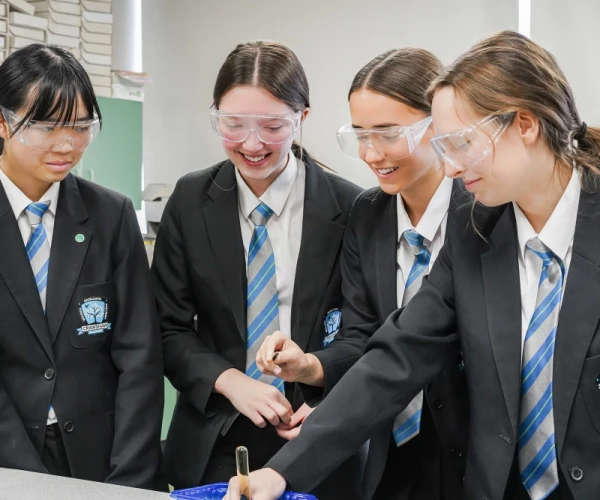
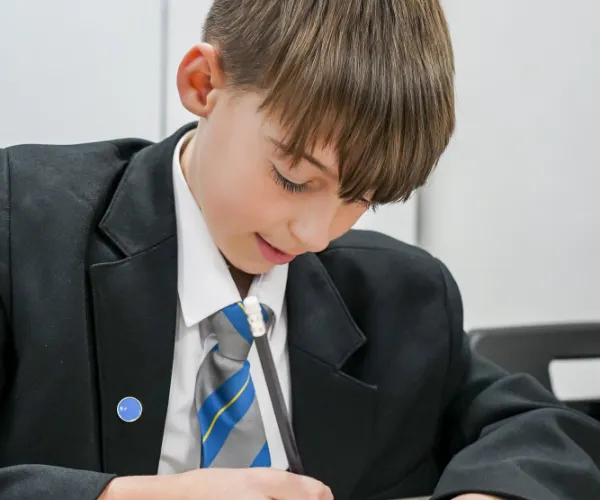
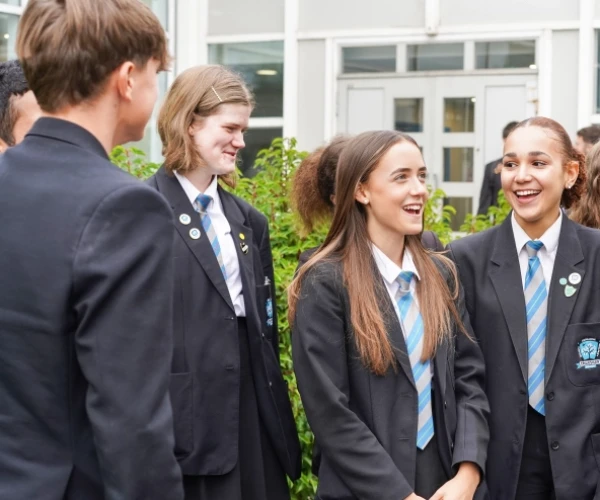
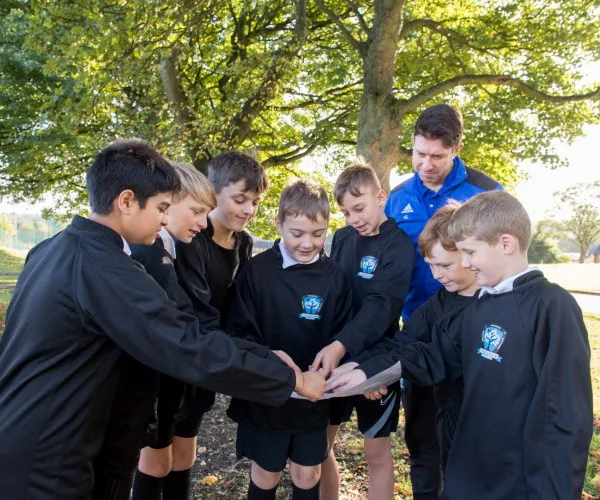
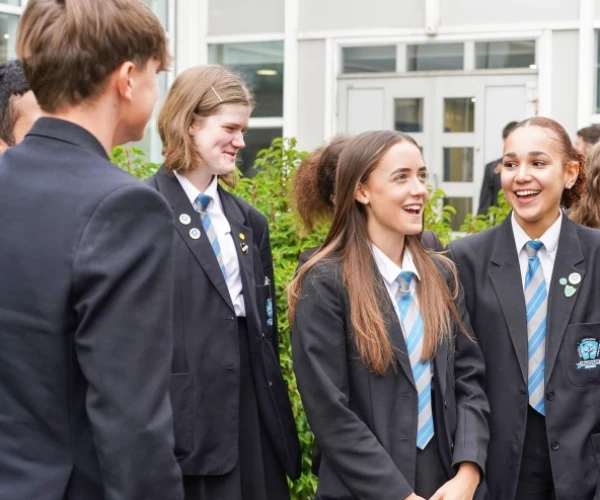
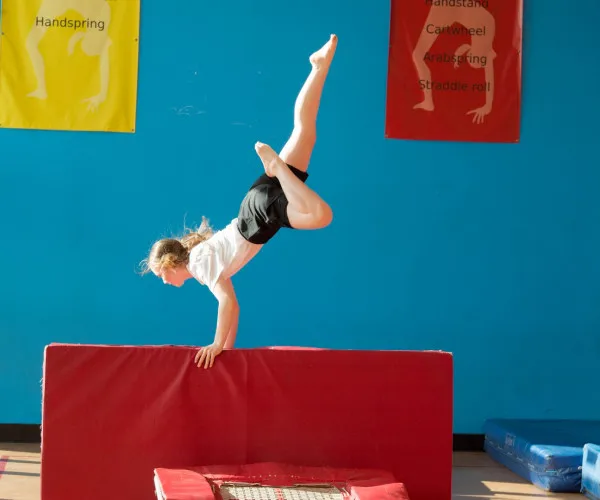
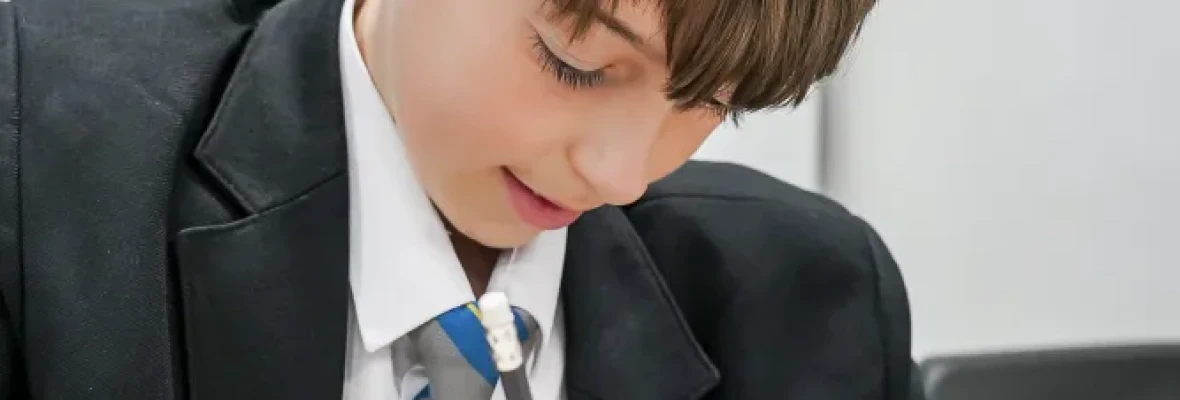 Our English curriculum at Crawshaw is designed to empower our students by teaching them to write and speak with fluency and purpose, developing fundamental skills and knowledge that have intrinsic value to their lives.
Our English curriculum at Crawshaw is designed to empower our students by teaching them to write and speak with fluency and purpose, developing fundamental skills and knowledge that have intrinsic value to their lives. 